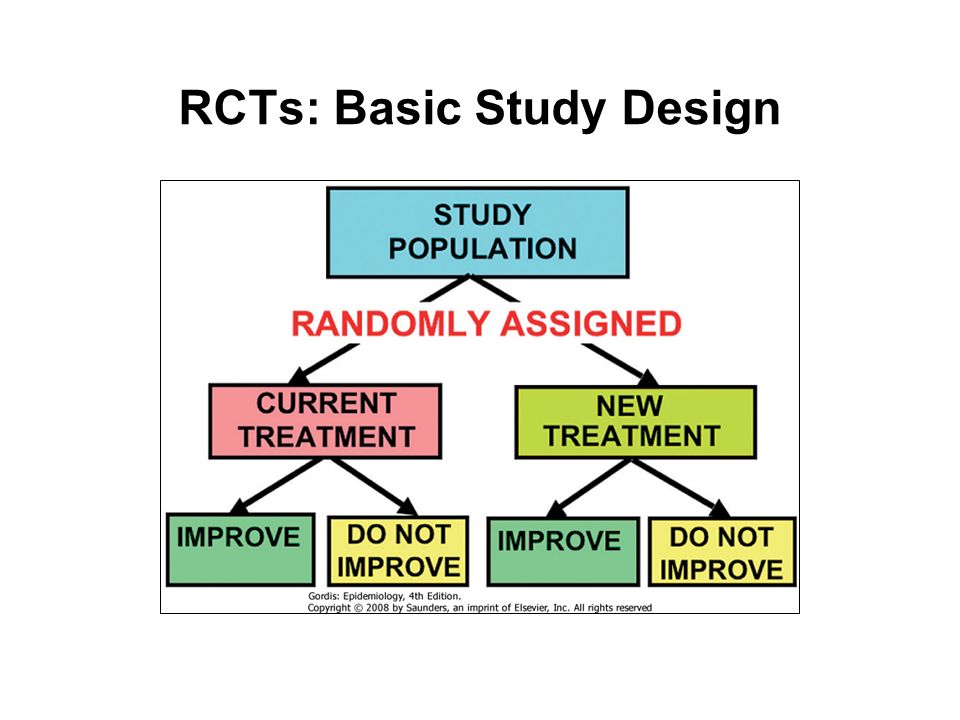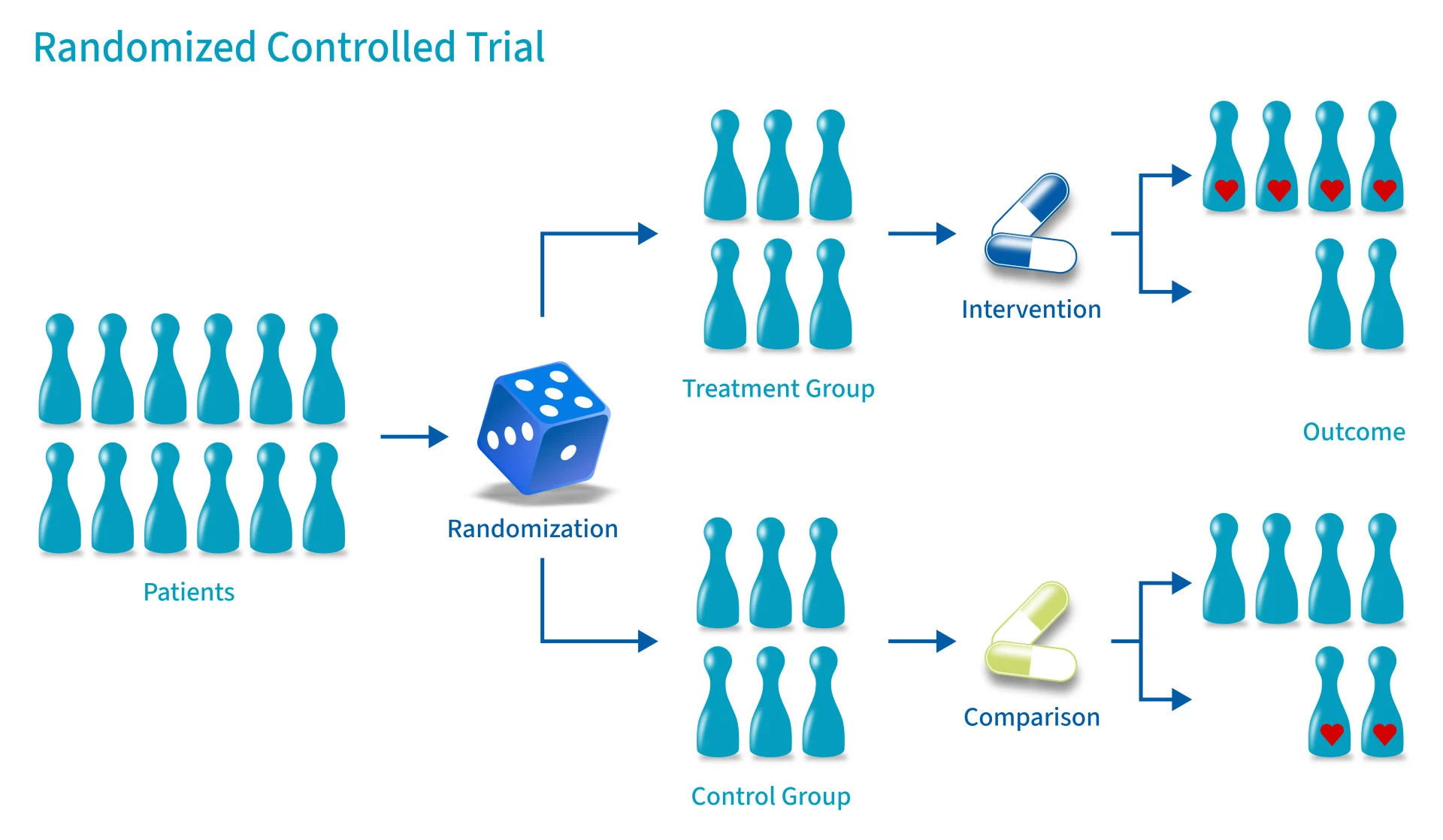What is a Randomized Clinical Trial?
A randomized clinical trial (RCT) is a type of scientific research study conducted in medicine and other fields to evaluate the effectiveness of a new medical treatment, intervention, drug, or medical device. RCTs are considered the gold standard for clinical research because they are designed to provide the most robust and unbiased evidence on the safety and efficacy of medical interventions.
RCTs are used in clinical medicine to evaluate the effectiveness of new drugs, medical procedures, treatments, or preventive strategies. They are also employed in various other fields such as psychology, education, and social sciences to assess the impact of interventions on various outcomes.


Selected Randomized Clinical Trial Study
The following link directs you to a research paper conducted by Shanon Lane, titled "A review of randomized controlled trials comparing the effectiveness of hand held computers with paper methods for data collection". This study systematically identified and reviewed randomized controlled trials (RCTs) that compared the two methods for self-recording and reporting data, and where at least one of the following outcomes was assessed: data accuracy; timeliness of data capture; and adherence to protocols for data collection.
Link to the PaperSummary of Paper
The authors conducted a systematic review of randomized controlled trials (RCTs) that compared these two data collection methods. They focused on outcomes related to data accuracy, timeliness of data capture, and adherence to data collection protocols. Nine studies meeting their inclusion criteria were identified through a keyword search of the NLM Gateway's database.
The results of the review indicate that, in general, handheld computers were favored over paper and pencil methods for data collection. Handheld computers exhibited superiority in terms of the timeliness of data receipt and data handling, as indicated by all four studies that assessed these parameters. Moreover, they were preferred by most study participants in three out of four studies. However, when it came to adherence to data recording and submission instructions, only one of the trials adequately compared the two methods, with handheld computers showing superiority. Comparisons of data accuracy were inconsistent across the five studies.
In conclusion, the paper suggests that handheld computers are an effective alternative to traditional paper and pencil methods for data collection. They offer advantages in terms of speed and user preference, making them a viable option for enhancing data capture in clinical research settings.